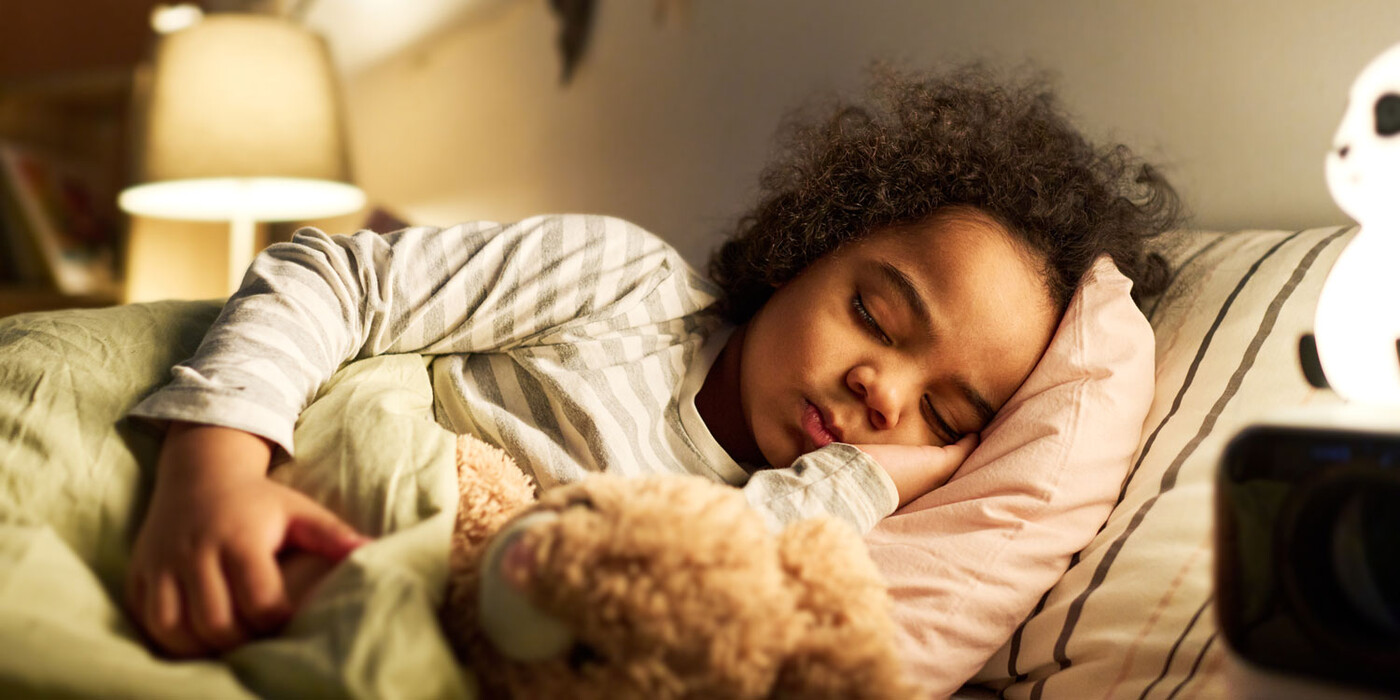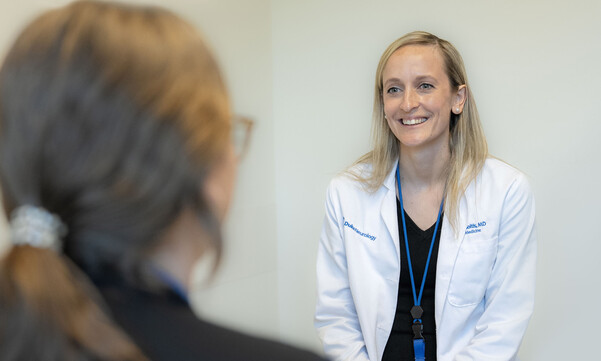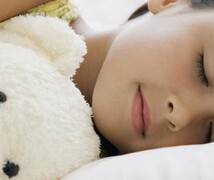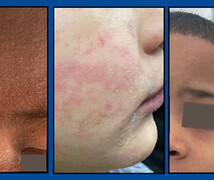If your child snores, don’t ignore it. Consistent snoring in children can be a sign that they're not breathing well at night. This can reduce the quality of your child’s sleep and affect growth, development, behavior, and overall health. Here Duke Health pediatric ear, nose, and throat (ENT) doctor Janet Lee, MD, who specializes in treating pediatric sleep disorders, answers questions about when childhood snoring is concerning and whether your child should see a doctor.
Is Snoring Normal in Kids?
It is common for children to snore for a few days or weeks when they have a cold or another respiratory virus. It becomes concerning, Dr. Lee said, when snoring persists for three months or longer. It’s especially concerning if your child chokes, gasps, or stops breathing for short periods during sleep. These may be signs that your child is experiencing sleep-disordered breathing or obstructive sleep apnea.
What Causes Snoring in Children?
Snoring in children occurs when the upper airway narrows, making it difficult to breathe normally. This can be caused by:
- Enlarged tonsils and/or adenoids
- Obstructed nasal passages (for example, deviated septum, enlarged turbinates, etc.)
- Being overweight
- Environmental allergies or asthma
- Small or narrow palate, jaw, or voice box
- Poor muscle tone
- Other medical conditions like heart or lung disease, Down Syndrome, or Cerebral Palsy
What Are Other Red Flags of a Sleep Disorder?
Loud snoring, pauses in breathing at night, and gasping during sleep are the most obvious signs of breathing difficulty that affects sleep quality. Other signs include restless sleep, regular tiredness despite having enough sleep (9-14 hours, depending on age), mouth-breathing while sleeping, or bed-wetting after being previously being potty trained at night.
What’s the Big Deal with Childhood Snoring?
“Sleep affects a lot of different systems,” Dr. Lee said. “When it comes to children, you have to consider its effects on physical health, especially for kids who have other health issues. You also need to consider how poor sleep can affect development.” Ironically, children who don’t sleep well may experience hyperactivity. They may also struggle to stay awake or concentrate at school, feel irritable, or have behavior problems.
What Should I Do About My Child’s Snoring?
If you’re concerned about your child’s snoring and sleep quality, ask your pediatrician for a referral to or make an appointment with a pediatric ENT or a pediatric sleep specialist. “Our role is to identify whether your child has a breathing problem. Then we start looking for where that problem is,” Dr. Lee said.
These specialists may recommend an overnight sleep study in a specialized pediatric sleep lab. You will accompany your child while sleep technologists monitor and observe your child sleeping. Your child may also benefit from an endoscopy -- a doctor passes a flexible camera through your child’s nose or mouth to inspect their anatomy. This can be done while your child is awake or under general anesthesia.
What Are the Potential Treatment Options?
Based on your child’s test results, symptoms, and your family’s preferences, a doctor may recommend medication, surgery, lifestyle changes, or a continuous positive airway pressure (CPAP) device to help your child breathe and rest better at night. For children older than three, the most common and effective treatment is surgically removing the tonsils and adenoids. Many children are able go home the same day.
Why Choose Duke for My Child’s Care?
Duke is one of a handful of centers in the North Carolina with a pediatric sleep lab, designed with your child’s comfort in mind and staffed by specially trained technicians. Duke offers the highest level of care for all kids with sleep-disordered breathing or obstructive sleep apnea, from the simplest cases to the most complex, including children who have other medical conditions.
If you’re on the fence about seeking care for your child’s snoring, Dr. Lee said it’s worth seeing a doctor. “As parents, sometimes we're so used to a symptom or behavior that we don't see it anymore. Having another, expert pair of eyes can be helpful. Then we can make a decision about next steps together.”




